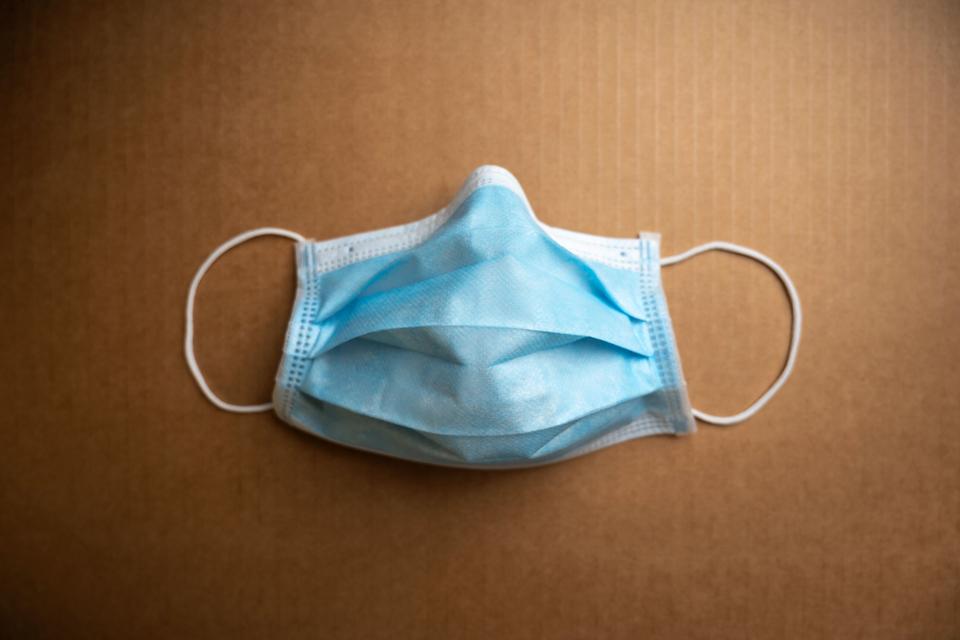In the last several years, masks have been recognized as a crucial tool in safeguarding public health, particularly during the COVID-19 pandemic. Now, with the chaos of public rioting across universities and public spaces, many jurisdictions are considering wearing a mask as a criminal offense.
As an example, democratic governor Kathy Hochul is pushing legislation to effectively make masking a criminal violation for those that threaten violence. The legislation would make exceptions for those with health safety concerns, work requirements and inclement weather, to name a few. Texas senators are also introducing bills that would ban masks and criminalize those who use them to harass, intimidate and threaten others. Many other jurisdictions have already banned masks for similar reasons including North Carolina and Nassau County in New York.
While security considerations are important, banning masks could have detrimental consequences for public health. Masks are a proven means to reduce the transmission of respiratory illnesses as well as their acquisition. They do so by trapping airborne particles like viral particles that get expelled when people talk, cough or sneeze. This is precisely why masking was recommended and in some cases mandated during the COVID-19 pandemic.
In addition, masks also help people from inhaling toxic chemicals and substances from air pollution, which is an important concern during wildfires and areas with high soot pollution. Particle pollution from wildfires emit small particles and irritants that can get deposited in the lungs and predispose to chronic medical conditions such as asthma and chronic obstructive lung disease. Masks can provide a much needed barrier and deterrent for many of these small particles that are harmful to health.
The medical research overwhelmingly supports the use of masks to mitigate the spread of infections diseases. A plethora of research shows that facemasks reduce transmission of infected respiratory particles in both laboratory and clinical contexts. The CDC also states, “When worn by a person with infection, masks reduce the spread of the virus to others. Masks also protect wearers from breathing in infectious particles from people around them.”
Although legislation of mask bans makes exceptions for those with health conditions, these exceptions are difficult to enforce and implement practically. Law enforcement officials are only allowed by law to ask about religion or health if an action pertains specifically to the crime in question. This can be difficult to enforce, and creates an uncomfortable environment for the many immunocompromised patients that require masks to protect their health. Asking these individuals about masking and to potentially take it off is an invasion of their health and privacy that should be protected by HIPAA laws. Remember, those who are immunocompromised are much more common than you may think and include cancer patients who are on chemotherapy, those who take steroids, organ transplant recipients as well as those with chronic medical conditions.
In addition, if mask bans are successfully implemented, those that need to mask may be forced into social isolation. Many may fear being incarcerated and could be reluctant to leave their homes. Businesses could deny service to those wearing masks, which would include immunocompromised people and patients with disabilities. Mask bans create unnecessary bias and discrimination against our most vulnerable populations.
Although politicians that seek to ban masks may have good intentions in attempting to reduce crime, public health policy must prioritize the well-being of the entire population while considering broader societal concerns. Banning masks ignores the essential role they play in mitigating the spread of deadly infectious diseases. At a time where science and health have been largely politicized, America needs leaders that will fight for the well-being of all its citizens.
Julie Lam, founder of Mask Together America and mask advocate, says, “Now I am forced to be on medication that’s making me immune compromised, more susceptible to hospitalization from infection, my immunologist warned me. I am out there protesting, wearing a mask, not to make a spectacle but to send a message that we need to rise up and say no to our government defunding public health.”

